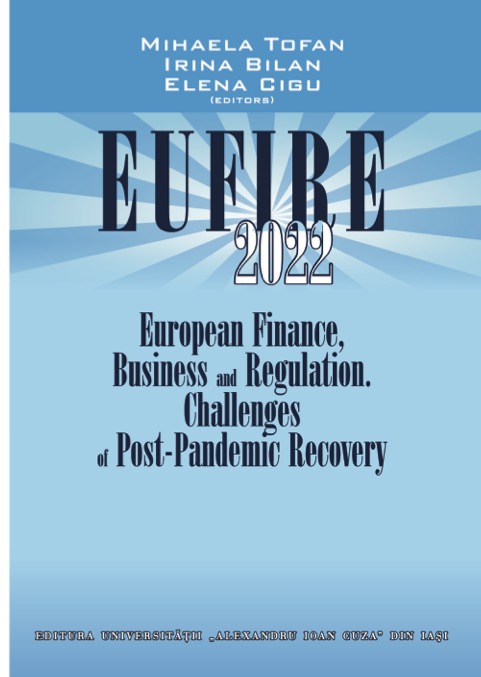SOME ROMANIAN ACCOUNTING AND TAX EVOLUTIONS IN THE DEFINITION AF THE GROUPS OF ENTITIES
SOME ROMANIAN ACCOUNTING AND TAX EVOLUTIONS IN THE DEFINITION AF THE GROUPS OF ENTITIES
Author(s): Costel Istrate
Subject(s): Economy, Accounting - Business Administration
Published by: Editura Universităţii »Alexandru Ioan Cuza« din Iaşi
Keywords: group of companies; accounting consolidation; affiliates; VAT fiscal group; income tax group;
Summary/Abstract: Accounting consolidation by reporting relevant financial information about the group, has been a model for tax authorities. From a fiscal point of view, we could identify at least three distinct situations about the groups and the transactions between the components of a group of companies: fiscal definition of the affiliated persons, fiscal treatment for the VAT groups and fiscal treatment for income tax groups. In the case of the transactions between affiliates, the fiscal rules allow the tax authorities to restate some information, in order to calculate taxes on a fair base. Starting with 2007, the Romanian fiscal code introduces the notion of VAT unique fiscal group, i.e. designate legally independent persons, but with close financial, economic and organizational links (with a threshold of 50% in the voting rights). This group can be considered as a single taxable person, the major advantage representing it the opportunity to offset the payable VAT and the VAT to be arising recovered from different components of the VAT fiscal group. Finally, the Romanian tax authorities introduced, in 2018, in the fiscal code the chapter that allows the recognition in Romania of the tax group in the field of corporate income tax. The threshold of the voting rights in this case is 75% and the group have the opportunity to calculate and to pay a single tax for the entire group, eventually offsetting the profits of some components against the tax loss of another component.
- Page Range: 214-232
- Page Count: 19
- Publication Year: 2022
- Language: English
- Content File-PDF

